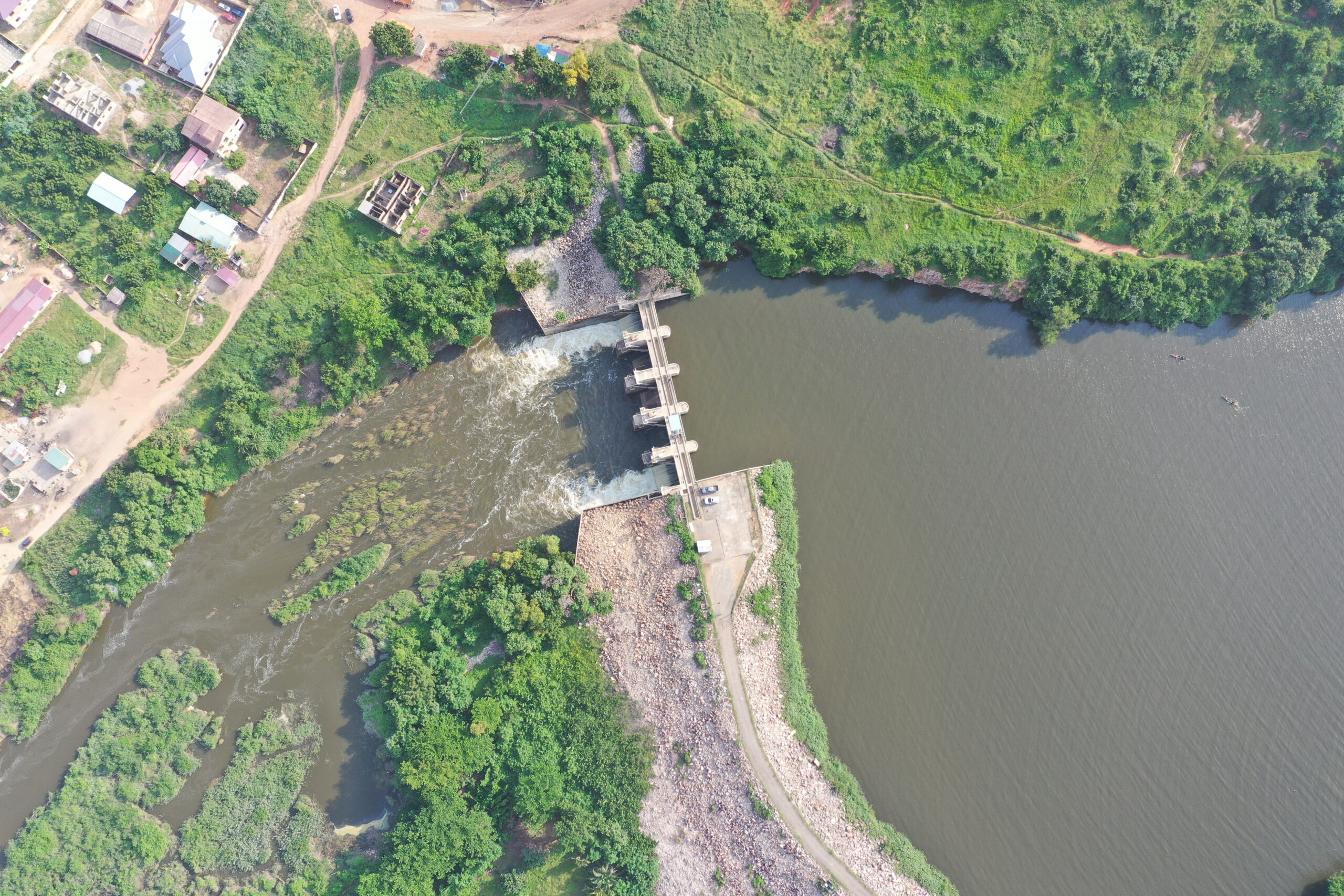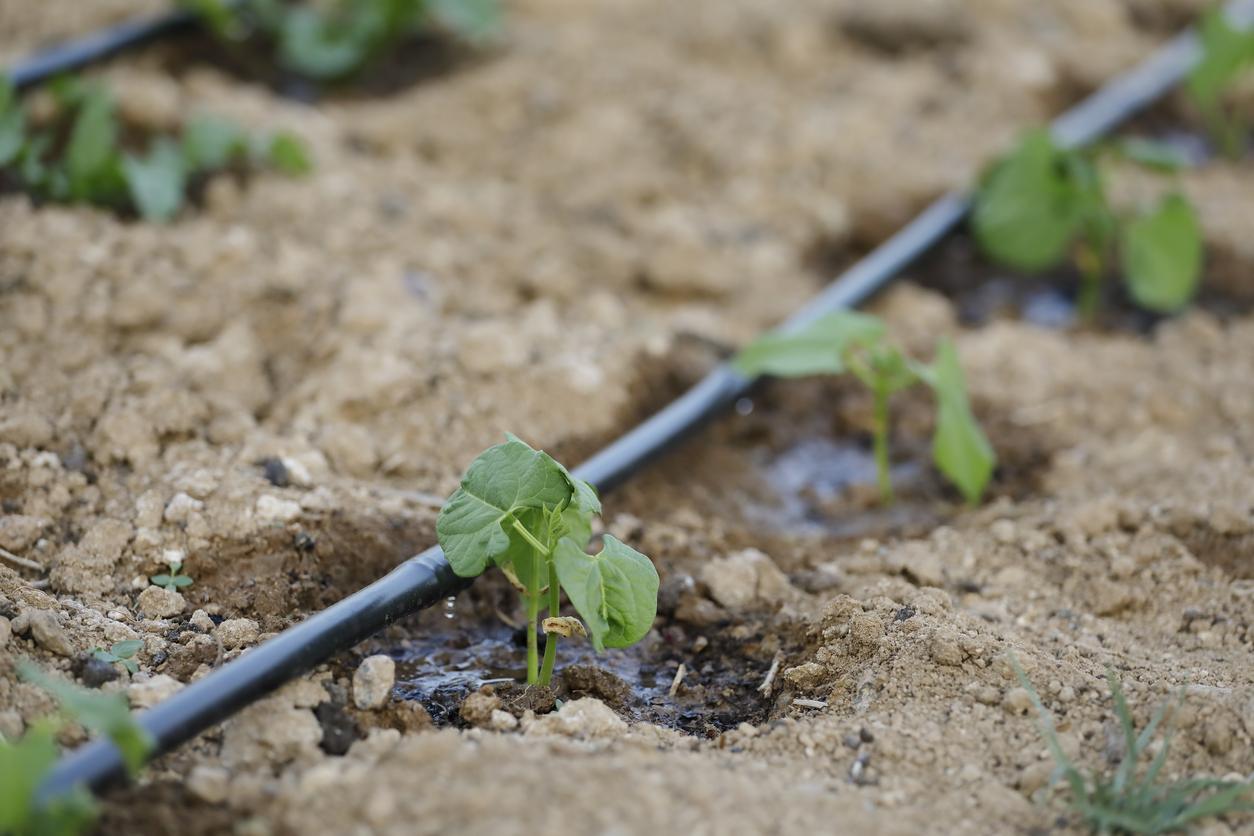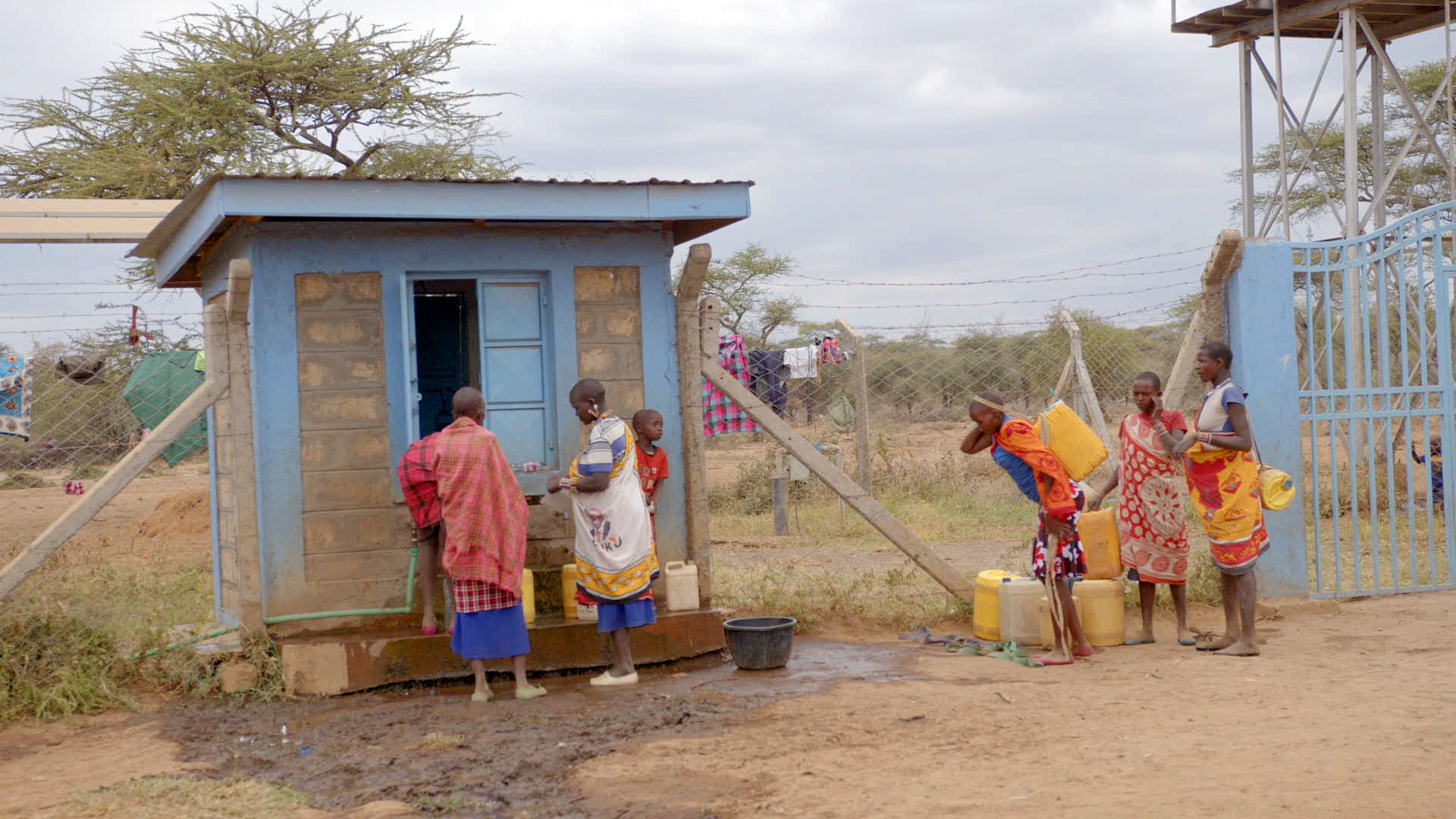Making Water Central to Climate Action: A Message for the UN 2023 Water Conference
Today, as we mark World Water Day, and the UN Water Conference gathers for the first time in 46 years, around 2 billion people live in areas where water is scarce. Yet water remains undervalued and mismanaged, and its role in tackling climate change is not acknowledged. Below are four ways to leverage water to drive climate action.
C
limate change and water are inextricably linked. Water is the primary medium through which we experience climate change, and nearly 74 percent of all natural hazards are water-related.
Water is connected to all aspects of economic and social development, and about 60 percent of all adaptation measures are linked to water, a key enabler of climate action. Yet the role of water in climate change adaptation and mitigation remains elusive.
Against the backdrop of the first UN Water Conference in nearly 50 years, the Global Center on Adaptation (GCA) collaborated with colleagues from the International Water Management Institute, Deltares, the Institute of Development Studies at the University of Sussex, the Special Envoy for International Water Affairs of the Netherlands, PBL Netherlands Environmental Assessment Agency and the African Development Bank (AfDB) to publish an article in the scientific journal Nature. The article calls for greater attention to water’s critical role in mediating the climate crisis.
The authors argue that due to its ubiquity and complex interlinkages with almost every sector, water as a natural resource remains undervalued and at times invisible at global policy forums.
Unlike climate mitigation and biodiversity issues, water is regarded as a national concern rather than a global common good. Water-related actions are a top adaptation priority in 82 percent of Nationally Determined Contributions, yet the Paris agreement does not mention water even a single time.
Aditi Mukherjee, the IPCC Water Chapter lead author, and a co-author of the article in Nature, argues that water is “the most crucial link to climate adaptation and also the most ignored.”
The latest IPCC report released earlier this week clearly suggests that climate change is intensifying the global water cycle, which has been wrecked by years of mismanagement. Already about 1.5-2.3 billion people live in water-stressed countries and things are likely to get much worse unless substantive action is taken to cut greenhouse gas emissions and adapt to climate change.
Henk Ovink, the Netherlands’ Special Envoy for International Water Affairs and Sherpa for the UN 2023 Water Conference said, “We can’t continue to replicate and scale past mistakes. Now is the time to radically shift and change the way we understand, value and manage water, and act accordingly.”
The article notes that it is essential to manage water and climate in tandem to protect water resources, reduce disaster risks, lower greenhouse-gas emissions, and assure equitable access. It proposes four ways to leverage and incorporate water into climate action.

1. Recognizing climate change will bring in uncertainty, water managers and policymakers should develop resilient approaches that address and are compatible with the changing climate.
Tackling uncertainty calls for more attention to blended design approaches to enhance flexibility and robustness that function under all reasonable climate projections and can be flexibly modified as situations evolve. For example, combining grey infrastructure with Nature-based Solutions (NbS) can make infrastructure systems more adaptable, offer multifunctionality and enable them to lose function in a limited manner to avoid catastrophic failure.

2. The climate change mitigation potential of water remains untapped and at the same time little attention is paid to the water footprint of mitigation.
For example, using smart irrigation systems and treating wastewater before disposal can enable systems to be more water-efficient, cope with rising water stress and minimize emissions. On the other hand, mitigation measures such as bio-energy with carbon capture and storage (BECCS) or hydropower dams without consideration for trade-offs can potentially have significant water and land footprints.

3. We must recognize that adaptation is not just essential, it also makes financial sense, and the share of adaptation funding which currently is less than 10 percent of the total climate finance must be increased.
Despite being critical to climate action, only three percent of global climate finance is allocated to water and the majority of funding provided is in the form of loans as opposed to grants to low-income countries. To address this funding gap, the first step should be to deliver on the US$100 billion per year in climate finance pledged by developed countries at COP15 in Copenhagen.
4. Justice, equity and inclusion must be prioritized within water and climate actions to address the root causes of vulnerability and avoid maladaptation.
To do so, it is essential to empower local communities. They must have a voice in shaping adaptation actions and, where appropriate, must lead the decision-making process.
GCA’s existing programs – in particular its Water and Urban Program – actively consider these suggestions in existing and planned actions. GCA has partnered with AfDB and the Government of Ethiopia to undertake climate risk-informed investment decisions to make water supply services in Ethiopia’s drought-prone Borana region more climate resilient.
GCA’s Locally Led Adaptation Program has been working towards empowering local communities and collating best practices from around the world. During COP27 in Egypt, GCA awarded the Rangamati Hill District Council in Bangladesh for a project that enabled local women to lead the decision-making and designing of a solar-based water supply system for local communities.
As the water and climate crises collide, the UN 2023 Water Conference offers a platform to address these interrelated issues. The global community must put political and societal will behind a bold water action agenda that places water at the heart of climate action.

M. Feisal Rahman is a Senior Water Climate Adaptation Specialist with the Global Center on Adaptation. Trained in Environmental Engineering, he works at the intersection of natural science, social science, and public policy.

Joep Verhagen is GCA’s Program Lead, Water & Urban. In this role, Joep is leading a transformative program to mainstream climate adaptation in large-scale investment programs of the African Development Bank and World Bank with a combined investment value of more than US$1.5 billion. Currently, Joep is working in Bangladesh, Chad, Liberia, Ghana, Kenya, Sierra Leone, and Senegal, among others. Prior to joining GCA, he worked at the World Bank where he was co-leading the US$1.5 billion ‘Clean India Program’ and the US$100 million Rural Water Supply and Sanitation Improvement Project in Nepal.